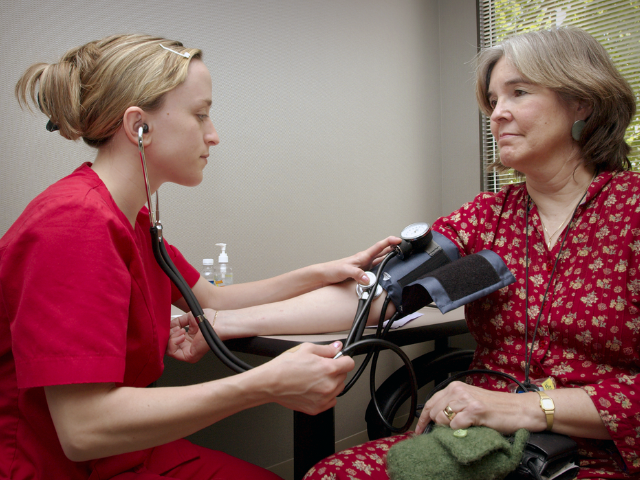What is the Role of the U.S. Surgeon General?
The Office of Surgeon General has been a leading voice of public health in the United States since 1871. According to the Department of Health and Human Services (HHS), the U.S. surgeon general carries out a vital mission “to protect, promote, and advance the health and safety of our nation.” In 1968, the office shifted from administering public health services to a greater focus on advising policy and informing the public.
Appointed by the Senate, the surgeon general oversees the Commissioned Corps of the U.S. Public Health Service (USPHS) , which consists of more than 6,000 highly trained uniformed service members. This includes medical, health, and engineering professionals, such as registered nurses and nurse practitioners.
Who is the Current U.S. Surgeon General?
Vice Admiral Dr. Vivek H. Murthy has served as the 21st U.S. surgeon general since 2021 — a reprisal of his previous role from 2014-17. As the appointed surgeon general, Dr. Murthy uses “the best scientific information available to provide clear, consistent, and equitable guidance and resources for the public.”
In addition to his work as a physician, Dr. Murthy also is a renowned scientific researcher, entrepreneur, and author of “Together: The Healing Power of Human Connection in a Sometimes Lonely World.”
What are U.S. Surgeon General’s Official Contributions to Public Health?
The U.S. surgeon general promotes crucial public health topics by distributing information to policymakers, workers, and the general public. According to HHS, “These influential documents bring together the expertise of scientific, medical, and public health professionals nationwide on a variety of topics.” These publication types include reports, calls to action, and advisories.
Topics contained in these publications can include:
- Tobacco
- Mental Health
- Breastfeeding
- Addiction and Substance Misuse
- Skin Cancer
- Suicide Prevention
- Healthy Homes
The surgeon general also identifies core priorities that act as guiding pillars for public health awareness and reform. Each priority has its own web page containing background information, official publications, and role-based actionable steps.









